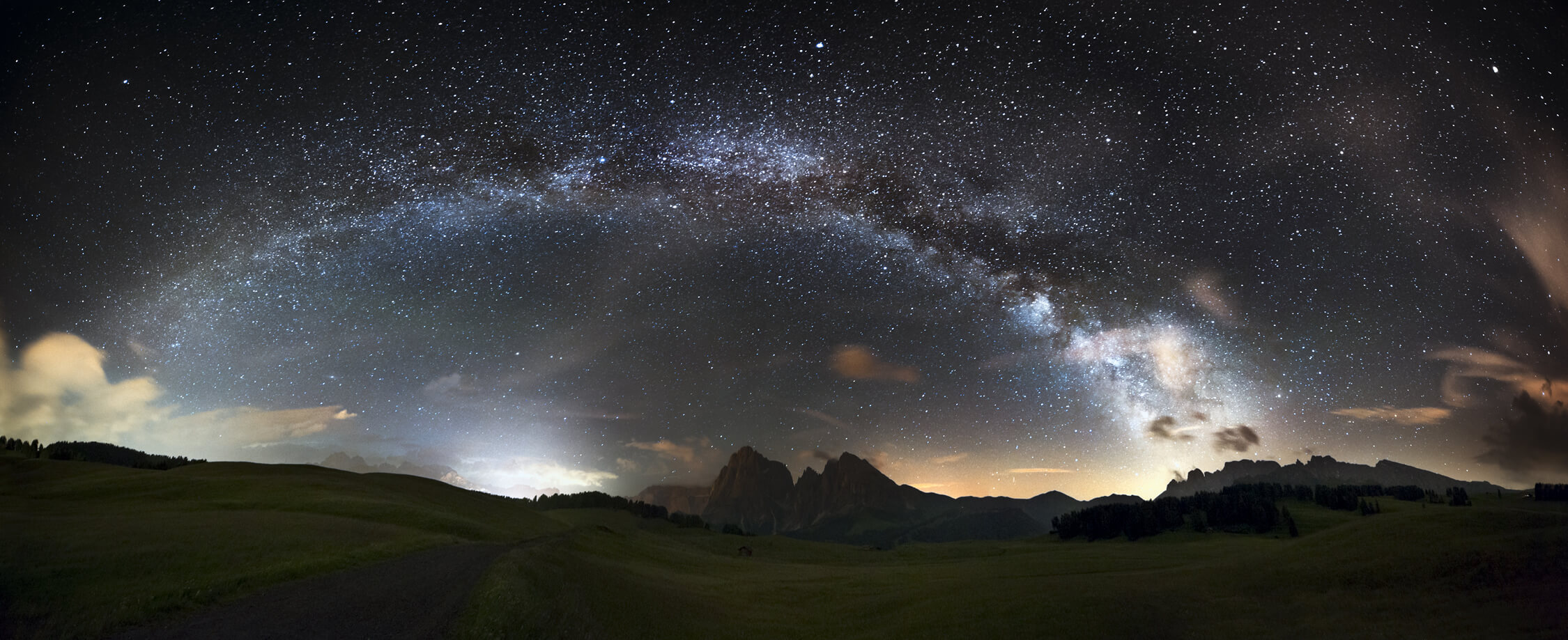


A Changing Climate May Help Combat Hunger
April 11, 2024
Do Archaeology and Astronomy Support the Historical Crucifixion of Jesus?
March 28, 2024
What’s the Difference between Jesus’s Resurrection and the Myth of Dying-and-Rising Gods?
March 21, 2024
Does Archaeology Support the Historical Birth of Jesus?
March 7, 2024
An Exposition of Genesis 1:1-3, Part 2: Setting the Stage
February 22, 2024
An Exposition of Genesis 1:1-3, Part 1: Replacing the Cultural Myth
February 8, 2024
Aliens, AI, and God: The Search for Superintelligence
January 25, 2024
Article Highlight: Why Would a Loving God Punish Us?
January 11, 2024
Do the Laws of Thermodynamics Resonate with Biblical Truth?
December 28, 2023
Technology Tempts: Can Applied Science Go Too Far?
December 14, 2023


